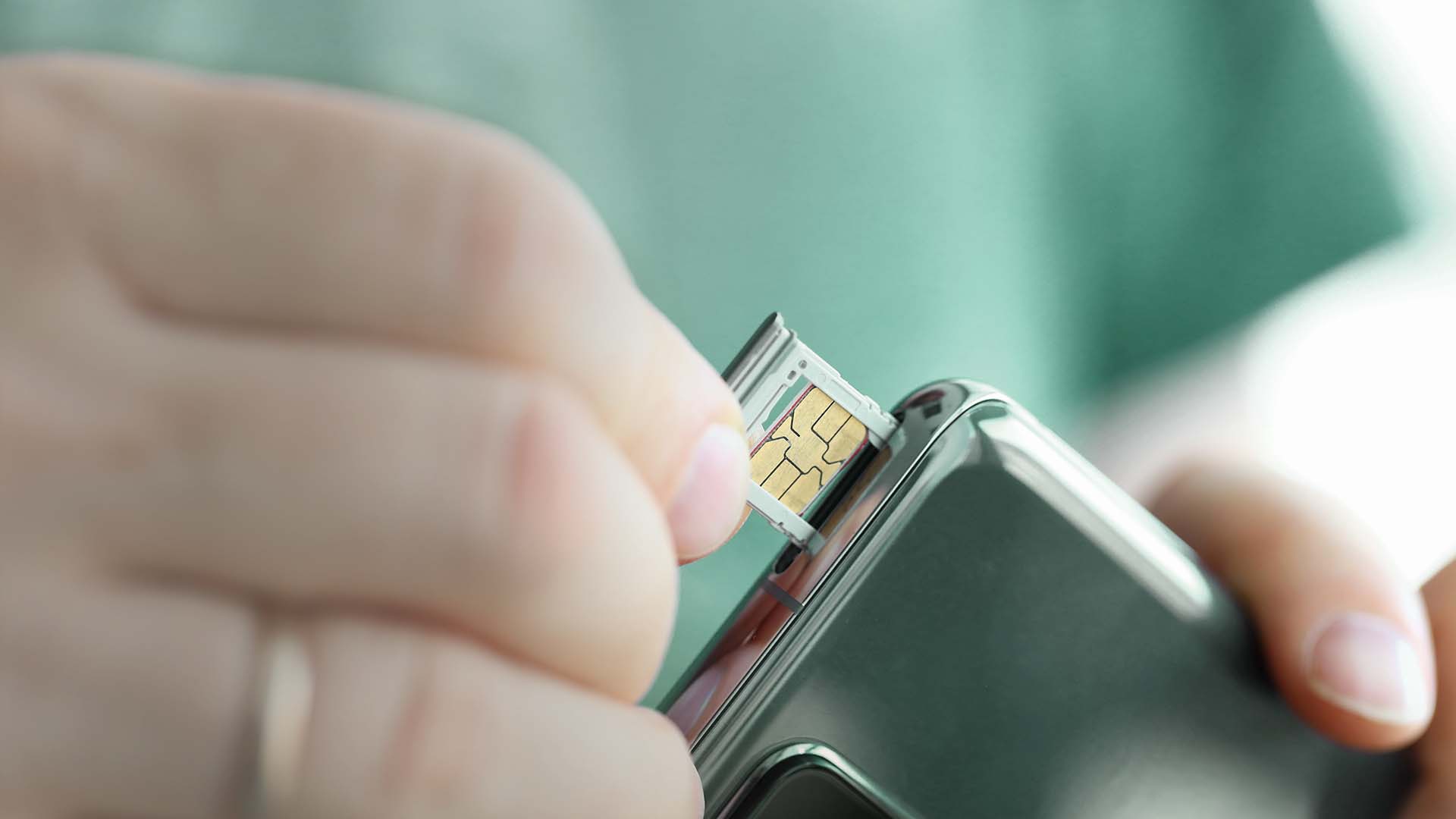Life gets things the wrong way round sometimes. When you’re young and have no responsibilities, you might be itching to see the world, but you probably won’t have much money to travel. By the time you’ve saved enough to travel in style, you’ll usually have career and family responsibilities that can make it hard to find the time and energy to go globetrotting.
Luckily, if you’re young and have a thirst for adventure, there is a way around this problem – working abroad while you travel. You can explore different countries, experience diverse cultures and cuisines and enjoy unique experiences, while earning enough to pay your way around the world – or at least, the bits of it you want to see.
Working abroad appeals to different types of young travellers. You may want to earn and save in a stronger currency until you have enough to start a business of your own – or to travel further. You might be taking some time off after high school to decide what you want to do with your life or what to study next. You may be exploring your ancestral roots, or weighing up emigration options. You could simply be fascinated by a country and its culture – or want to learn a unique art or skill that’s practised only in that part of the world.
Whatever your reason for wanting to work internationally, this quick cheat sheet may help you plan your journey.
1. Check what paperwork you need to work abroad
To leave the borders of South Africa, you will have to produce a valid passport and you also need all the legal documents required at your destination. The type of visa and work permit you need to enter and work in other countries will differ according to their laws, so research all the paperwork you need properly. Not being able to leave South Africa is one thing, but being stuck in a foreign country without the proper documentation can be a disaster. Use official foreign government websites to confirm that your research is accurate. You can also contact the foreign representative in South Africa of the host country to check that you have everything in order.
Ask friends or other South Africans already working abroad about the procedures they had to go through – practical experiences can teach you tips and tricks that aren’t part of the official paperwork, but that can make arrival and settling in easier.
Take note of the warning by South Africa’s Department of International Relations and Cooperation (Dirco): ‘If you do not correctly comply with visa or permit requirements or overstay on your visa or permit, you will be subject to any or all of the following: criminal prosecution, imprisonment, deportation and/or being blacklisted.’ Dirco does not assist South Africans in obtaining work visas to other countries.
2. Understand the tax rules at your destination and in SA
When working abroad, you’ll have to comply with the taxation legislation of both your host country and South Africa. This means that you could end up paying income tax in both countries.
The South African Revenue Service (SARS) states that if you earn an ‘employment income in excess of R1.25 million and the double tax agreement between South Africa and the foreign country, if any, does not provide a sole taxing right to one country, both countries will have a right to tax the income. The portion of the income in excess of R1.25 million may end up being double taxed.’
Approach potential jobs overseas with both caution and an open mind
SARS adds: ‘Generally, under the provisions of the relevant double tax agreement, if an employee renders services in a foreign country exceeding 183 days, both countries enjoy the right to tax the income. The country of source enjoys the first right to tax the employment income, and the country of residence, in our case South Africa, will provide double tax relief in the form of a foreign tax credit to the extent that tax was paid in both countries, subject to limitations.’
However, if you are working in a country such as the United Arab Emirates, where there is no income tax, and you earn below the R1.25 million threshold, you will not be subject to any income tax, since the law of both countries exempts your salary from taxation. Before you accept a job abroad, you should seek advice from a tax consultant on what the tax implications will be.
3. Review your South African bank accounts
Before you leave, you will need to notify your bank of your intention to use your accounts abroad. The Nedbank Money app allows you to activate your debit or credit cards for international purchases and lets you control your account even when you’re abroad – just remember to connect to a secure, trusted network whenever you transact to avoid cyberfraud.
However, paying for goods and services in a foreign currency abroad, converting rands in your account every time, leaves you at the mercy of foreign exchange fluctuations. A foreign currency account and a travel card are a good solution to help protect you from rand volatility.
You can open a Nedbank Foreign Currency Account (FCA) with as little as R1,500 and use it to invest in 8 different currencies. It’s a good idea to open a Nedbank FCA while you’re planning your trip and invest in it regularly to build up a reserve in the foreign currency you need. When you’re working abroad, you can deposit your earnings into your FCA and protect them from sudden decreases in the value of the rand, while earning interest in a foreign currency and building an offshore nest egg. To transfer money from your Nedbank FCA to other accounts or your travel card, simply email fca@nedbank.co.za with your request.
The Nedbank Travel Card is a prepaid card that you can top up via the Money app, on which you can load up to 8 different currencies at locked-in exchange rates. You can then use the card to buy goods and services in the appropriate currency. You can pay funds into your Travel Card from your FCA, and the other way round.
4. Safety when working overseas
Human trafficking and extortion are significant threats to those leaving home in search of better prospects. As a rule of thumb, remember that if it sounds too good to be true, chances are that it’s a scam. At the same time, you don’t want to let a good opportunity slip through your fingers – approach potential jobs overseas with both caution and an open mind.
Red flags to look out for when working overseas
- If the company offering you employment does not have an official website with ample information on the type of services that they offer, this should start ringing alarm bells – in a digital-forward world, most reputable businesses have a strong, branded internet presence.
- If the interviewer seems pushy or tries too hard to convince you to accept the job, while they avoid answering questions or providing legitimate documentation, walk away.
- If you’re asked to pay to secure a job, immediately know that this is a scam. No reputable company will ask you to pay to work for them.
- If you’re called in for an interview and the location seems suspicious, or if the interviewer asks you to come alone, don’t go.
- If you are offered a job without a proper interview, be very cautious and take the steps outlined below.
Working abroad is a great way to have fun while seeing new places, gaining independence, and building your financial future
Steps to keep yourself safe
- Research in advance is your strongest weapon. The more informed you are, the better your chances of spotting a scam. Learn as much as you can about the agency or company that you will be working for. Look at employee and client reviews, for a better understanding of the way in which the company operates.
- If you were headhunted for a position, you should approach with caution, even if the recruiter claims to be from a reputable company. Before you jump straight in and start handing over your personal information, contact the company directly via the channels on their official website and ask them to verify that the job offer and the person offering it are legit.
- Social media is a great tool that lets you find friends (or friends of friends) who have gone through the process – they may be able to recommend reputable agencies they have used to find jobs, but more importantly, they can warn you off those that have dodgy reputations based on personal experience.
- Make use of online tools such as Prevention versus Cure to vet potential employers. Chief Operating Officer for Stop Trafficking of People Tershia de Klerk recommends safety platforms such as Namola, which helps friends and family track your whereabouts, and The Freedom App, launched by Love Justice South Africa and available on Google Play, which helps confirm the legitimacy of a job offer.
What if you arrive in another country and suspect you’ve been scammed?
The truth is that you can do everything right and still get scammed. This is why you need to have a contingency plan in place, just in case. Take these precautions:
- Share your location with a few people you trust, wherever you go. You can do this by giving them access to the location of your phone or even by keeping a smart GPS tracking tag in your pocket.
- Get the contact details of the South African embassy in the country where you’ll be working. They should be able to help if you are in a dangerous situation and need to get back to South Africa.
- If you are going to a country where you don’t speak the language, apart from learning the basics before you go (like polite greetings, requests and expressions of gratitude), also learn how to ask for help or tell someone that you’re in danger.
- Whenever you are being driven anywhere in a new location, remain aware of your surroundings and make mental notes of landmarks and road names
- Learn how to contact local law enforcement
- Listen to your gut – if you feel something is wrong, don’t ignore it. Express your concerns to friends and family.
- Never hand over your passport, identity documents or visa to anyone for ‘safekeeping’, and carry copies with you just in case.
5. Prepare for an unfamiliar culture
One of the great joys of working abroad is experiencing an entirely different way of life. However, when you’re unfamiliar with a society’s unwritten rules, you may offend people unintentionally by doing something culturally inappropriate. You might even end up breaking the law without realising it. It helps to do a background check on the country and learn from the experiences of other travellers. You could also ask your travel agent for some tips on the dos and don’ts at your destination.
Working abroad is a great way to have fun while seeing new places, gaining independence, and building your financial future. Have fun, be safe, and the world is your oyster!








